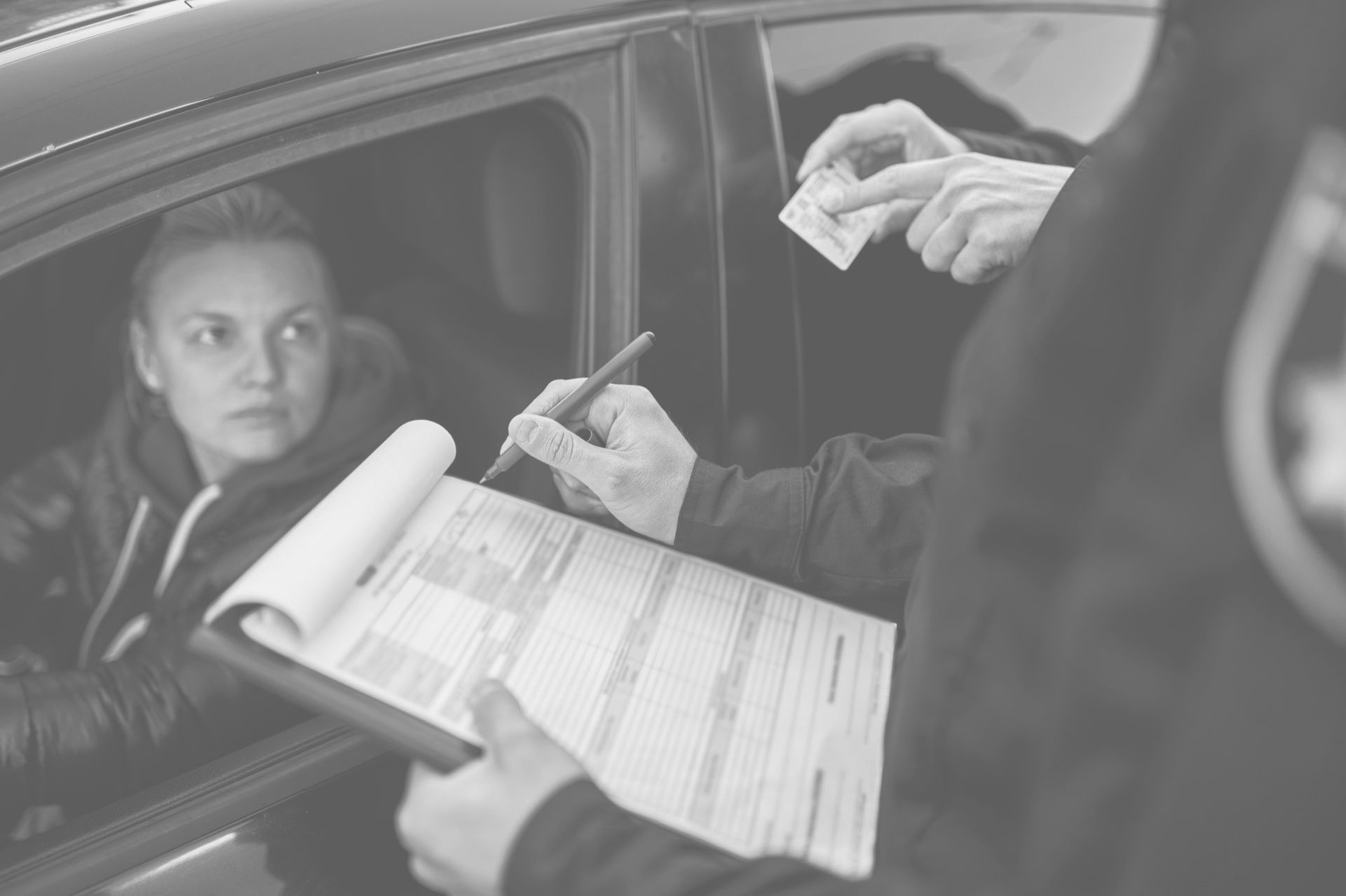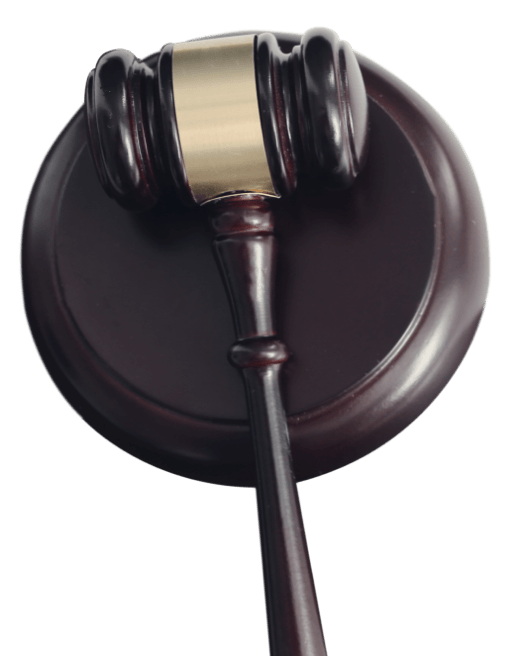Controlled Substance - Texas
Written by Law Office of Rolando Cantú, reviewed by Rolando Cantú
Controlled Substance - Texas: A Comprehensive Guide
The term "controlled substances" refers to a variety of drugs, chemicals, and other substances that are regulated by the government due to their potential for abuse and addiction.
This regulation encompasses the manufacturing, distribution, possession, and use of these substances, aligning with the provisions outlined in the Texas Controlled Substances Act (TCSA) of 1989. This act serves as the state's counterpart to the federal Controlled Substances Act (CSA), established under the Comprehensive Drug Abuse Prevention and Control Act of 1970.
- What is a Controlled Substance in Texas?
- Types of Illicit Drugs Recognized in Texas
- The Five Schedules of Controlled Substances in Texas
- Federal Controlled Substances Laws
- Punishment for Controlled Substances in Texas
- The Severity of Charges
- Penalties Across the Board
- The Importance of a Drug Crime Lawyer
- Conclusion
What is a Controlled Substance in Texas?
Texas Health and Safety Code (texas controlled substance act) defines controlled substances as "a substance, including a drug, an adulterant, and a diluent listed in Schedules I through V or Penalty Group 1, 1-A, 2, 2-A, 3, or 4." This definition includes both illicit drugs such as cocaine and heroin and prescription medications like opioids. The classification of substances into different schedules is based on their potential for abuse and accepted medical use.
TX, like other states, only registered medical professionals with specified legal authorization are permitted to prescribe controlled substances. These professionals should have their license with the professional board and the Drug Enforcement Administration (DEA) registration to write prescriptions for these powerful medicines. The prescription process is heavily regulated and involves the use of PDMPs (Prescription Drug Monitoring Programs) in tracking prescriptions of controlled substances and in preventing the abuse and diversion of these drugs. Physicians and other prescriptive authorities have to adhere to strict regulations and protocols including patient evaluation, consent declaration, and ongoing monitoring to ensure the safe and therapeutic use of controlled substances.

Types of Illicit Drugs Recognized in Texas
The Texas law is narrowed down into four groups of illicit drugs according to the possibility of their abuse and/or medical use. These subclasses determine the degree of penalties for possession, distribution and manufacturing of controlled substances within the state.
- Narcotics: They range from the natural opium derivatives like heroin and morphine, which the pain-killing properties are attributed to.
- Hallucinogens: Substances such as LSD and PCP which greatly distort the senses and mood.
- Stimulants: Referred to as "uppers," these drugs such as cocaine and methamphetamine stimulate the central nervous system, causing alertness and boost in energy.
- Depressants: These are known as "downers"; they include drugs like ValNarcotics: These include drugs derived from the opium poppy, such as heroin and morphine, known for their pain-relieving properties.
The Five Schedules of Controlled Substances in Texas
Under federal law and Texas law, controlled substances are categorized into five distinct schedules or groups, with Schedule I being the most restricted and Schedule V being the least. These schedules may consider, among other factors, its potential for abuse, safety, and medical use to determine its placement.
- Schedule I: This category is made up of substances with the highest abuse risk and non medically acceptable for both state and federal levels. Such substances are heroin, LSD, and marijuana, which, despite contention over its therapeutic use, is yet an illegal drug in Texas.
- Schedule II: These substances often have a high potential for abuse and addiction however, they are recognized for their medical uses which are subject to strict control. This includes oxycodone and amphetamine.
- Schedule III: Drugs in this category have a moderate to low potential for physical or psychological dependence. Ketamine and anabolic steroids fall into this schedule.
- Schedule IV: These are substances with a lower risk of abuse and dependence, commonly prescribed for their medical benefits, such as Xanax and Ambien.
- Schedule V: Representing the lowest risk, these substances have minimal potential for abuse. Examples include cough syrups with low quantities of narcotics and certain pain medications.
Federal Controlled Substances Laws
Although each state has its own laws and penalties for controlled substance violations, the federal law also tends to be a major regulatory factor. The Controlled Substances Act of 1970 (CSA) is the main legislation that deals with controlling drug abuse and trafficking on the federal level.
The CSA groups drugs into five schedules based on the risk of abuse and their medical use. Extra, CSA imposes severe rules for making, distributing, and holding controlled substances.
In addition, federal law also punishes controlled substance offenses that occur across the state border or affect interstate relations. These offenses are triable both at the state and federal level often attracting compromising penalties.
Also Read: Is Drug Possession a Felony in Texas?

Punishment for Controlled Substances in Texas
Texas is one of the many states that has a very tough process to fight against controlled substances. The matter of possession of a controlled substance is usually treated with utmost solemnity in the state of Texas as it mostly leads to felony charges. The outcomes depend on the type of drug because of the quantity in possession and the specific circumstances under which the drugs were found.
The state of Texas divides controlled substances into four main penalty groups and two additional penalty groups depending on particular cases. Such groups are there to categorize drugs according to their potential for abuse and the harm they can cause to the society. The penalties for each group somewhat resemble the federal scheduling of such drugs but operate differently. The federal government, through the Federal Drug Enforcement Administration (DEA), establishes the broader outlines, and Texas provides for its tailor-made specifics to deal with state-specific issues.
The Severity of Charges
Penalties for drug crimes in Texas can be quite different, depending on such factors as the penalty group of the drug, amount in possession and the place of the offense if it was committed in a drug-free zone like near schools and daycare centers. Enhanced penalties are applied in these zones, reflecting the state's commitment to protecting vulnerable populations from drug-related activities.
- Penalty Group 1: This cluster represents the most deadly drugs, among which are cocaine, heroin, and methamphetamine. The state imposes strict punishments in terms of life imprisonment or $250,000 fine for the possession of possession of the substance, which amount of drug depends on the amount of the substance.
- Penalty Group 4: Prescription drugs from this side do not have a high abuse potential. The misuse and possession of these drugs can be penalized with misdemeanor or felony charges, which reveals the state’s policy to different categories of controlled substances.
Penalties Across the Board
Penalties for drug offenses in Texas are comprehensive and can encompass a wide range of consequences:
- Minor offenses, such as possession of very small amounts of certain drugs, might result in fines or short jail terms.
- More severe offenses can lead to long-term imprisonment, with the most serious charges involving large quantities of dangerous drugs leading to decades in federal prison.
One major difference in the Texas drug possession law is that it is very rough on people repeating offenders and those caught with controlled use of it in drug-free zones. The state authorities are seen to be imposing heavy penalties on drug offenders living in these areas as a consequence of the presence of drugs in these locations hence reinforcing the strict zero-tolerance policy especially near schools and other protected places.
The Importance of a Drug Crime Lawyer
Texas state laws, with their many complexities and the harsh enforcement and severe penalties, can make it hard to navigate. Whether it is possession, distribution, or manufacturing, it is imperative that you consult a defense lawyer who has experience in dealing with drug crimes. Such professionals are extremely valuable as they can clarify the nuances of your case, and they can be able to come up with a strong defense plan.
For instance, people charged with federal drug crimes will, undoubtedly, need a federal defense criminal lawyer or a drug crime lawyer. These lawyers are specialized in federal law working under the federal law jurisdiction. Their services provide representation and advice designed for the specific complexities of federal court proceedings.
Conclusion
Texas’s regulation of controlled substances is part of a larger strategy to fight drug abuse and trafficking, which employs laws and penalties intended to discourage any illicit drug activity. But for those falling into the trap of the legal system, understanding the legal aspect of the matter serves as a basis for protecting their rights. Whether you are trying to find your way within the complex system of state laws or dealing with federal prosecution, it is not just useful but even essential to have a professional lawyer by your side.
If you or someone close to you are facing drug charges, do not put it on the back burner. Talk to a seasoned drug crime lawyer or a federal criminal defense attorney.
The Law Office of Rolando Cantu has made itself the name for defending clients against drug-related charges in courts of Texas. With our qualified criminal defense attorney having in-depth knowledge of both state and federal drug laws and the techniques employed by law enforcement agencies in collecting evidence, he will be ready to serve you. He will devote all of our resources and energy to defend your legal rights and seek the best possible solution in your case. Do not struggle with these grave charges on your own—contact us now.














